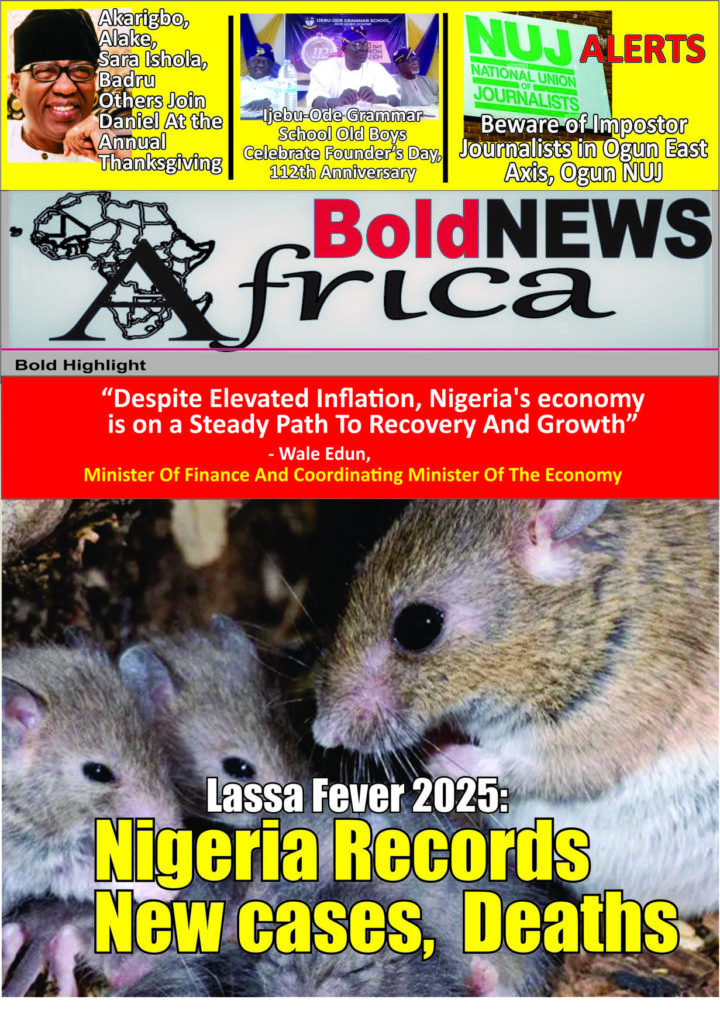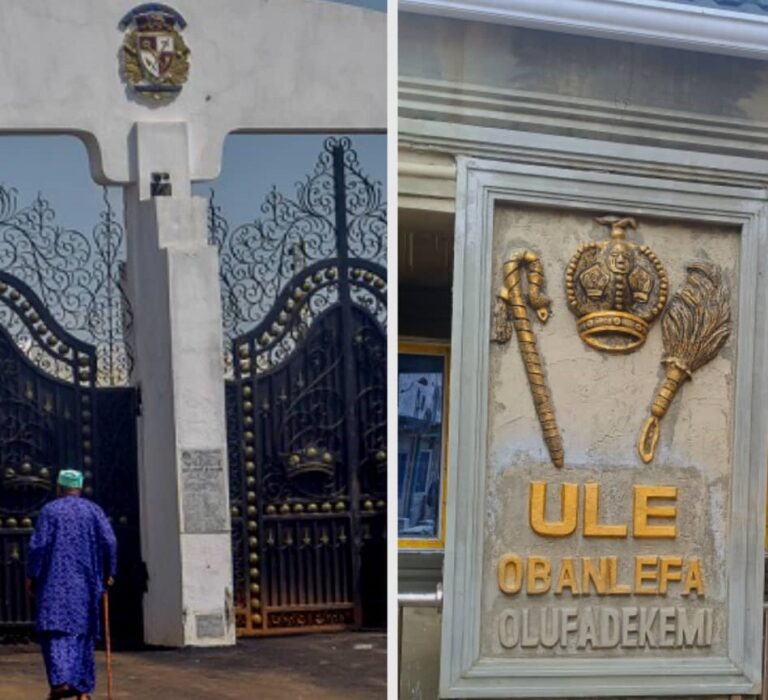
Speaking in Abuja on Monday during the 2025 budget defense session before the Senate Committee on Finance, Edun addressed concerns over the country’s economic outlook. His remarks came in the wake of new data from the National Bureau of Statistics (NBS), which revealed that Nigeria’s inflation rate climbed to 34.80 percent in December 2024, up from 33.60 percent in November. This marks the fourth consecutive monthly increase in inflation.

Edun acknowledged the adverse effects of inflation on economic reforms and growth efforts, emphasizing the government’s resolve to tackle the issue. “Perhaps the biggest issue with stabilizing our economy is to reduce inflation and keep it low,” he said. “We are clear that significant progress will be achieved in the months ahead. If nothing else, we expect the downward path of fuel prices, a major element in stoking higher prices, to continue.”
He highlighted the government’s recent reforms, including the liberalization of the foreign exchange market, deregulation of petroleum pricing, and expansion of domestic refining capacity, as critical steps in stabilizing the economy. According to Edun, these measures, though challenging in the short term, are expected to yield long-term benefits such as job creation, poverty reduction, and greater economic resilience.
The minister also outlined the administration’s focus on infrastructure development, particularly in digital networks and energy. He noted that these investments are designed to boost productivity and attract private-sector involvement. “The government is committed to providing a foundation for sustained economic growth and improving the standard of living for Nigerians,” he said.
During the session, the Senate committee approved the Ministry of Finance’s N38 billion budget for 2025. Members of the committee commended the ministry’s leadership for its dedication to fiscal discipline and its efforts to revitalize the economy.
Edun’s assurances come at a critical time as Nigeria navigates economic challenges exacerbated by global and domestic pressures. The administration’s commitment to reforms and infrastructure development aims to pave the way for a more resilient and prosperous future for the country.




